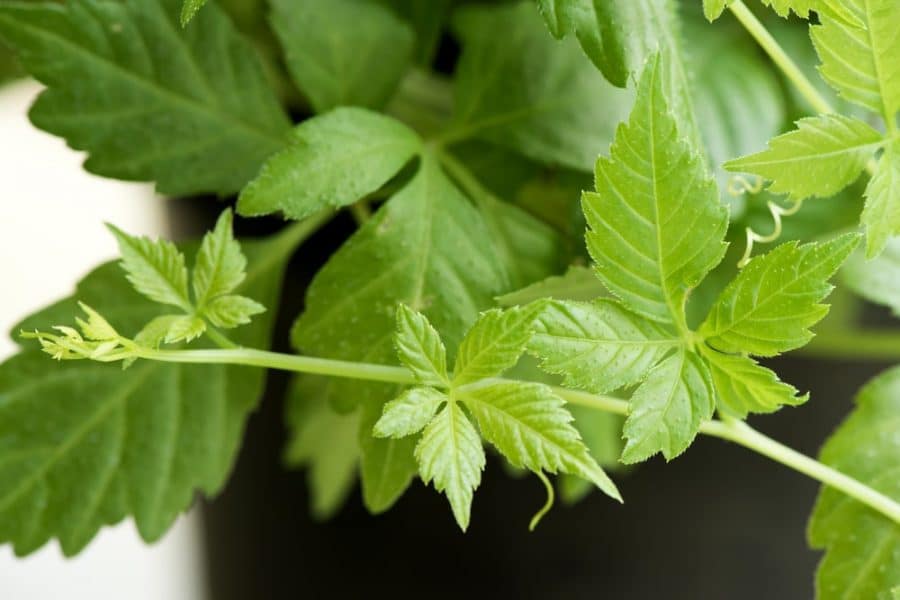Gynostemma

Gynostemma is a climbing perennial plant with leaves that are similar in shape to those of a cucumber or melon plant. It produces small, greenish-yellow flowers and round, berry-like fruits.
In traditional medicine, Gynostemma is believed to have adaptogenic properties, meaning it may help the body adapt to stress and promote overall well-being. It is often used for its potential benefits in supporting cardiovascular health, immune function, liver function, and respiratory health.
Gynostemma is also known for its potential antioxidant effects and is sometimes consumed as a tea or herbal supplement. It is considered to be a source of saponins, which are bioactive compounds believed to contribute to its health-promoting properties.
While traditional use and anecdotal evidence suggest potential benefits, scientific research on Gynostemma is still limited, and more studies are needed to validate its claimed effects and determine appropriate dosage and usage.
As with any herbal remedy, it is important to consult with a healthcare professional before using Gynostemma, especially if you have any underlying health conditions, are taking medications, or are pregnant or breastfeeding. They can provide guidance based on your individual circumstances.



Leave a Reply